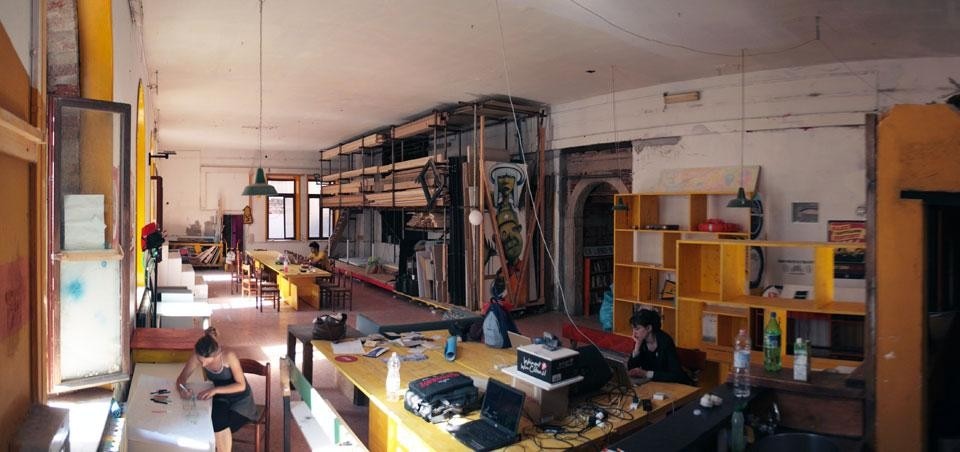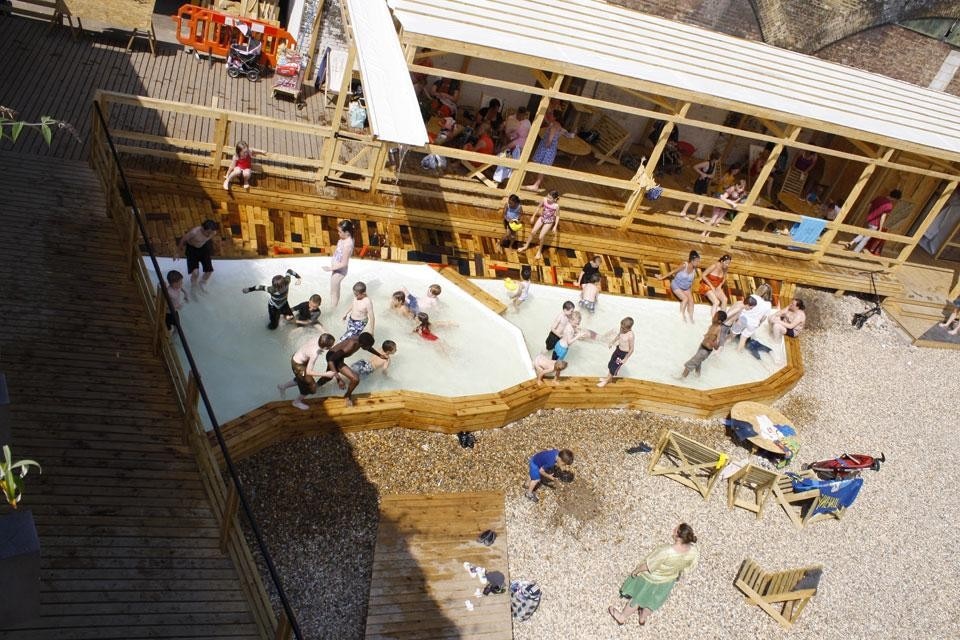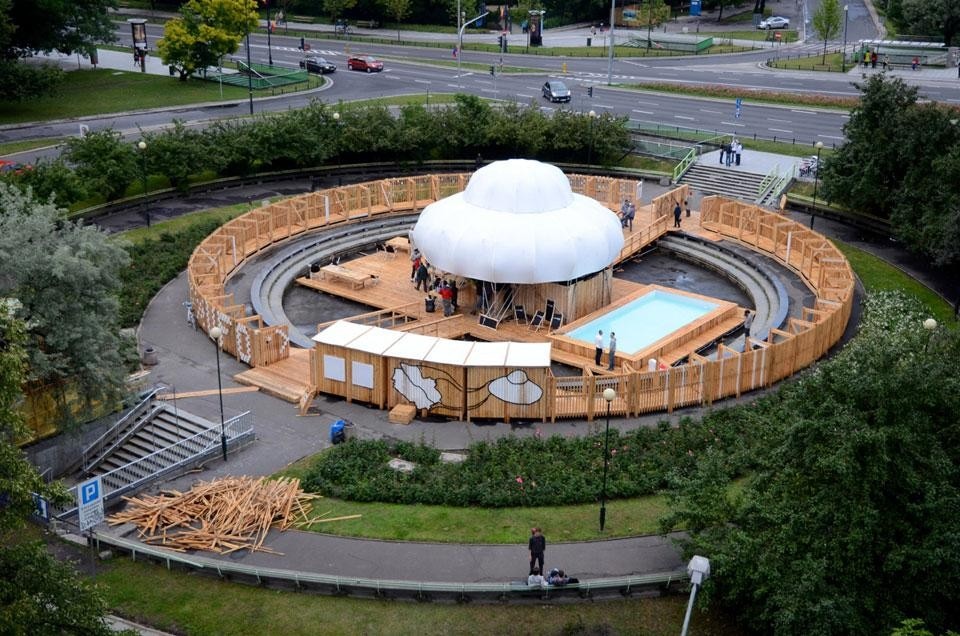In Milan, from 1 to 7 October, cultural centre MACAO and the Paris collective EXYZT converted these axioms into an experience in design and self-building with the workshop "Let's build the literary café together". Founded by five architects in 2003, EXYZT is now a multi-disciplinary group that works directly on site, with locals, designing and putting into practice often ephemeral constructions. They aim to use a participatory and self-built architectural project to generate shared action, new living and social contexts and cultural exchange in the city.
EXYZT first came to Italy for the 2006 Venice Architecture Biennale with Metavilla, a multi-functional hybrid project conceived to set in motion different forms of encounter, integrating a kitchen, a hotel, a sauna and a mini-swimming pool on the roof, all built by reusing other installations. The collective returned to Venice in 2010 for the design of the Morion centre. "A project where the visitor plays an active part in the invention and execution of social spaces and laboratories for experimentation. An experience," recounts a member of EXYZT that in some aspects is connected to MACAO's workshops, "with which we share the intention to induce a transformation in the city based on a safeguarding of the territory and the establishing of open cultural projects".
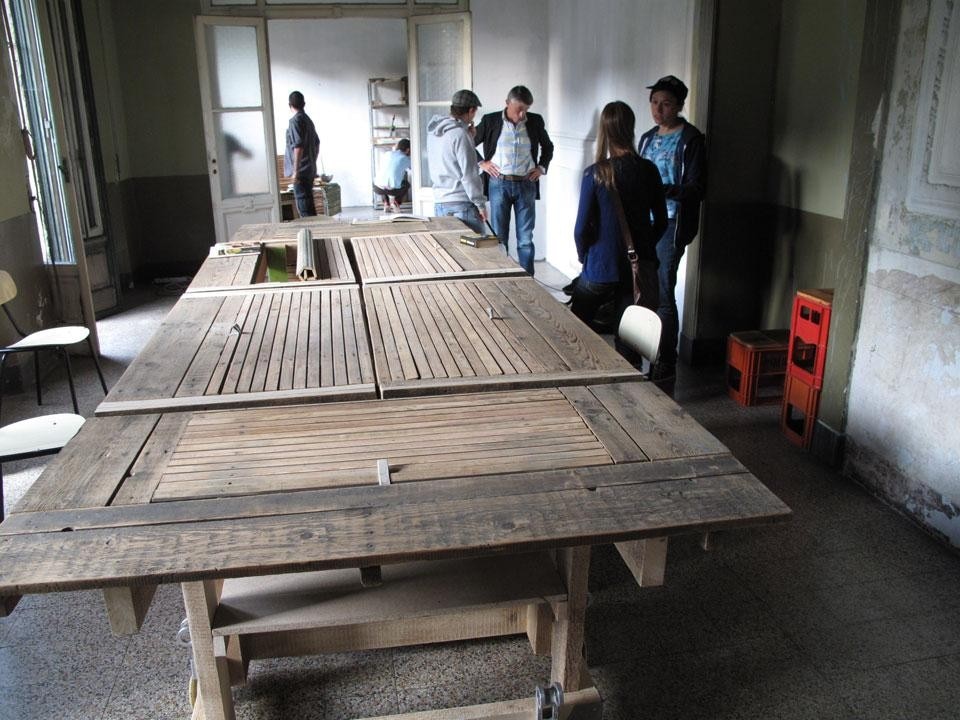
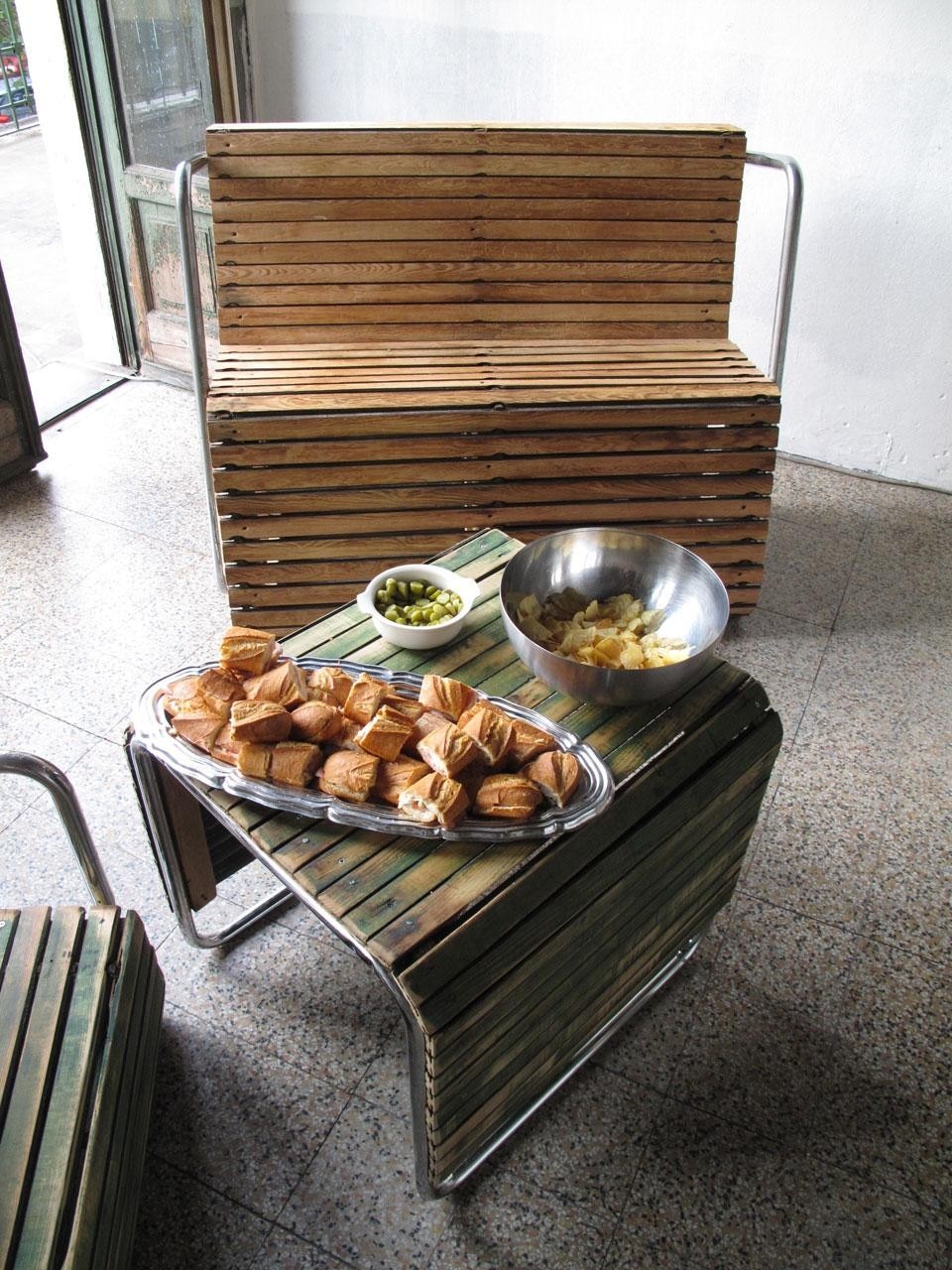
Here is a bearer of a different way of interpreting the architectural workshop and its capacity to regenerate itself in other design experiences, now taking place at MACAO
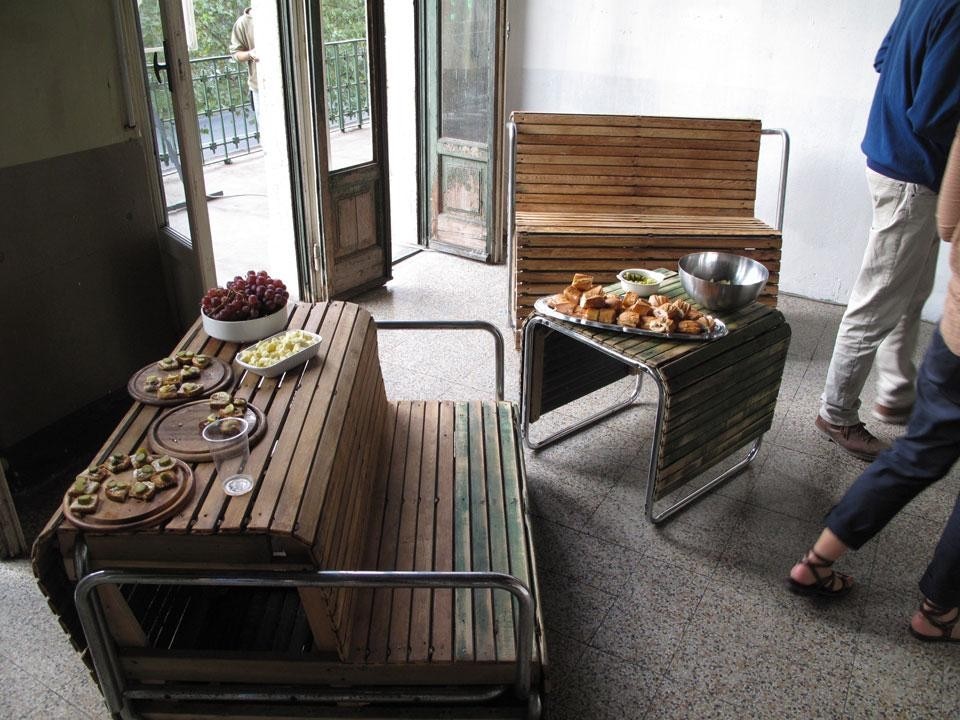
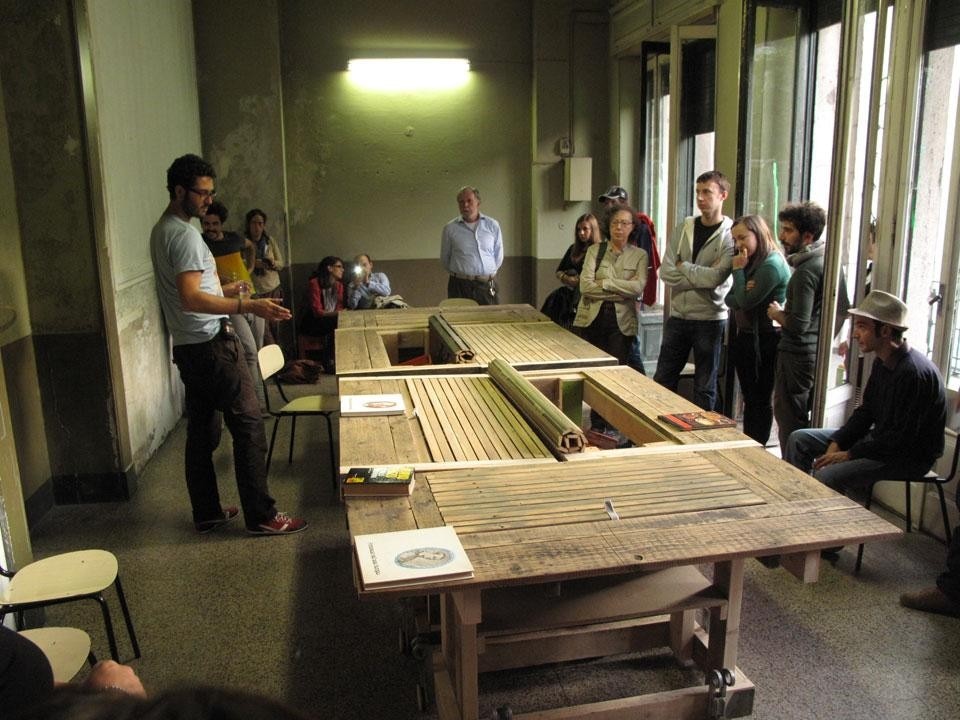
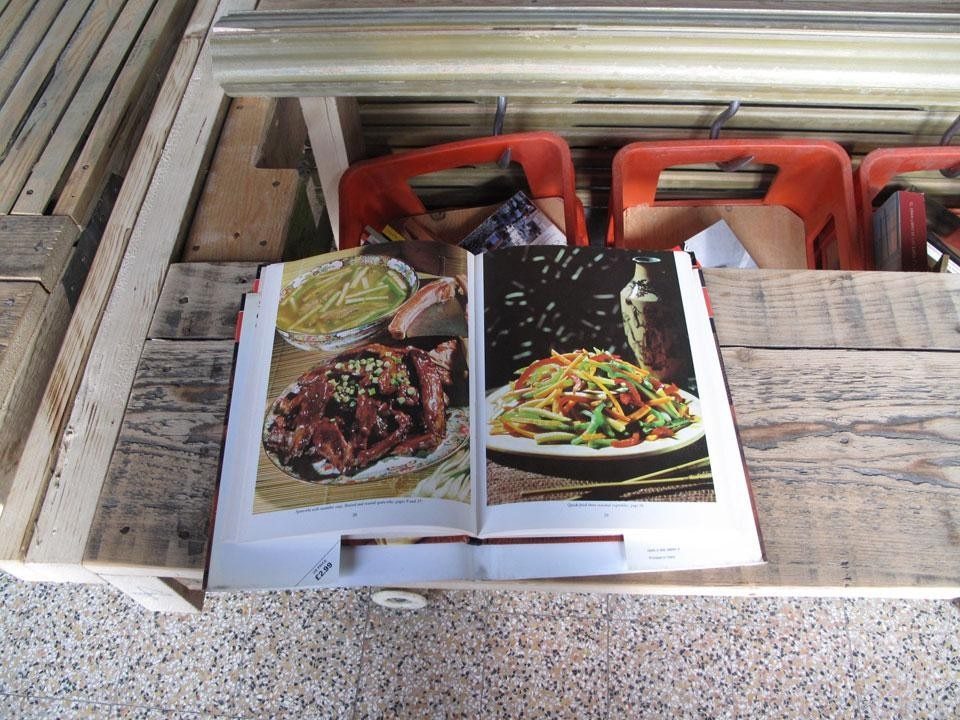
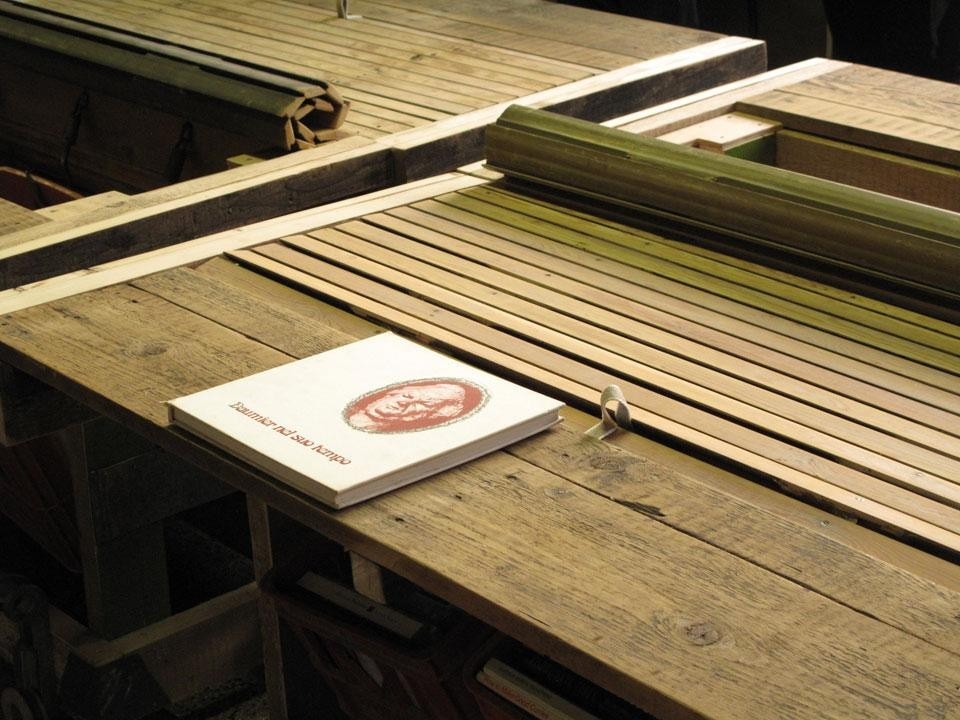
1.jpg.foto.rmedium.jpg)
